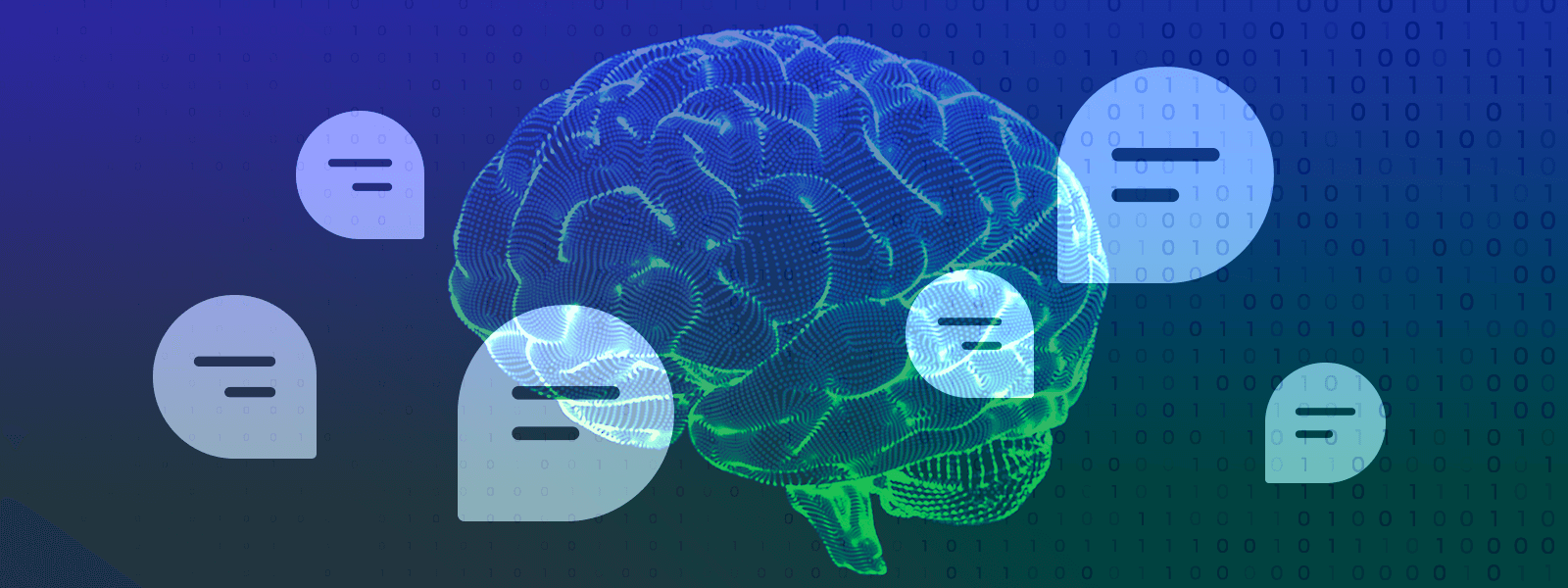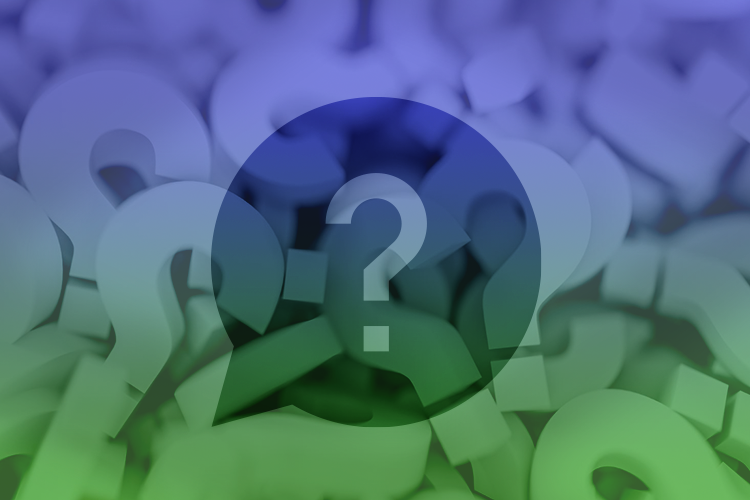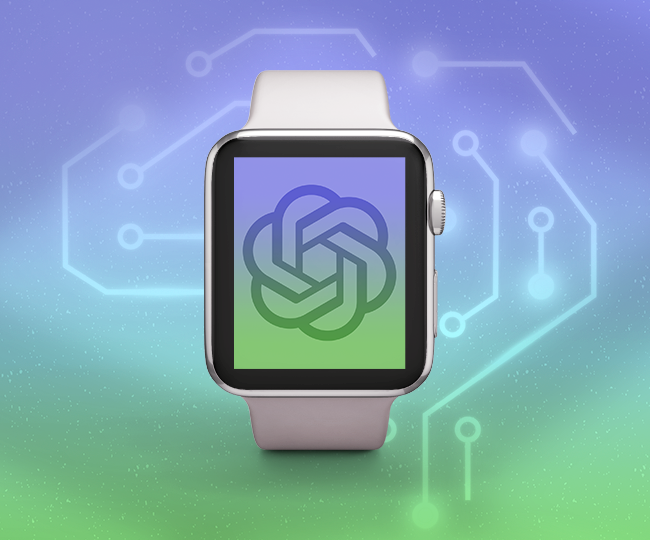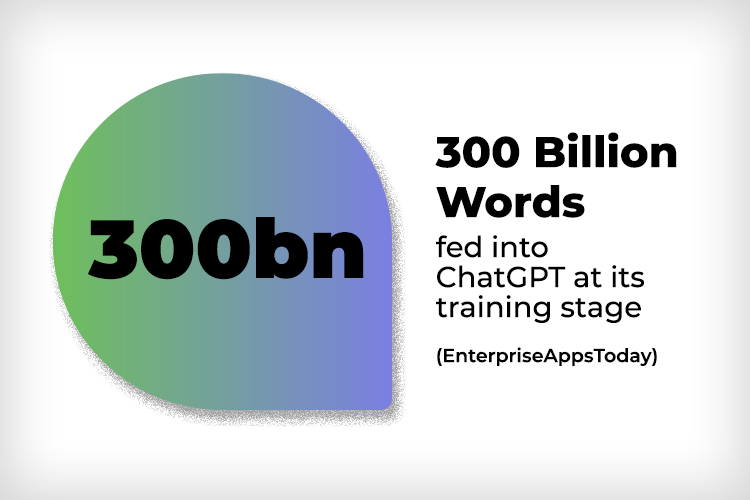ChatGPT – Searching Out What it’s Bringing to Our Digital World
ChatGPT is now a real buzzword – ok, one word and an acronym – for those keeping pace with tech and search innovations. The AI technology enables scarily human-like interactions to happen between the tool and its user.
For a global audience though that’s already familiar with chatbots – and voice assistants like Alexa and Siri – that might sound like nothing new or exciting.
But ChatGPT is actually wowing the world with functionality way beyond what we ordinarily receive from bots and assistants.
Headline outputs speak of ChatGPT being able to conjure up email content. Write and fix code. Hold meaningful text conversations. And – welcome to the moral maze – compose essays and complete job applications. A bit more, then, than helping connect you to the correct human assistant at the correct department.
So in this Hookson blog we’ll look at how ChatGPT – and its emerging rivals – might impact on how we search online. We’ll look too at the potential implications for businesses and CX. And we’ll examine the biggest, boldest and most recurring prediction that has followed the unveiling of ChatGPT: that it is spelling the end of Google.
ChatGPT – the Bouncing AI Baby That’s Just Said its First Words
ChatGPT is shiny and new. Its creators, the San Francisco-based OpenAI, launched the chatbot on 30 November 2022. The tool quickly gained traction, snagging a million users in its first week, and 100-million inside its opening two months. For context, TikTok was tik-tokking for nine months prior to reaching that milestone, whilst Instagram took a hardly instant two years.
ChatGPT Plus: From Free-to-All to Pay For Some
A free-to-all sign-up of course helped ChatGPT takeup. It’s worth mentioning though that this, somewhat predictably, has resulted in periods of non-availability as user demand overwhelms server supply.
Reacting to this, and understandably looking to monetize its R&D, OpenAI has introduced the subscription-based ChatGPT Plus. Unfettered access, as well as faster response times, will set you back $20 per month.
So How Does ChatGPT Work?
ChatGPT answers questions and creates content – think a list as diverse as social media posts and product descriptions, code and essays – in response to a user’s query. The app has been pre-trained on a huge dataset of information including website text, books and Wikipedia articles. All 300-billion words’ worth is there, silently powering ChatGPT.



